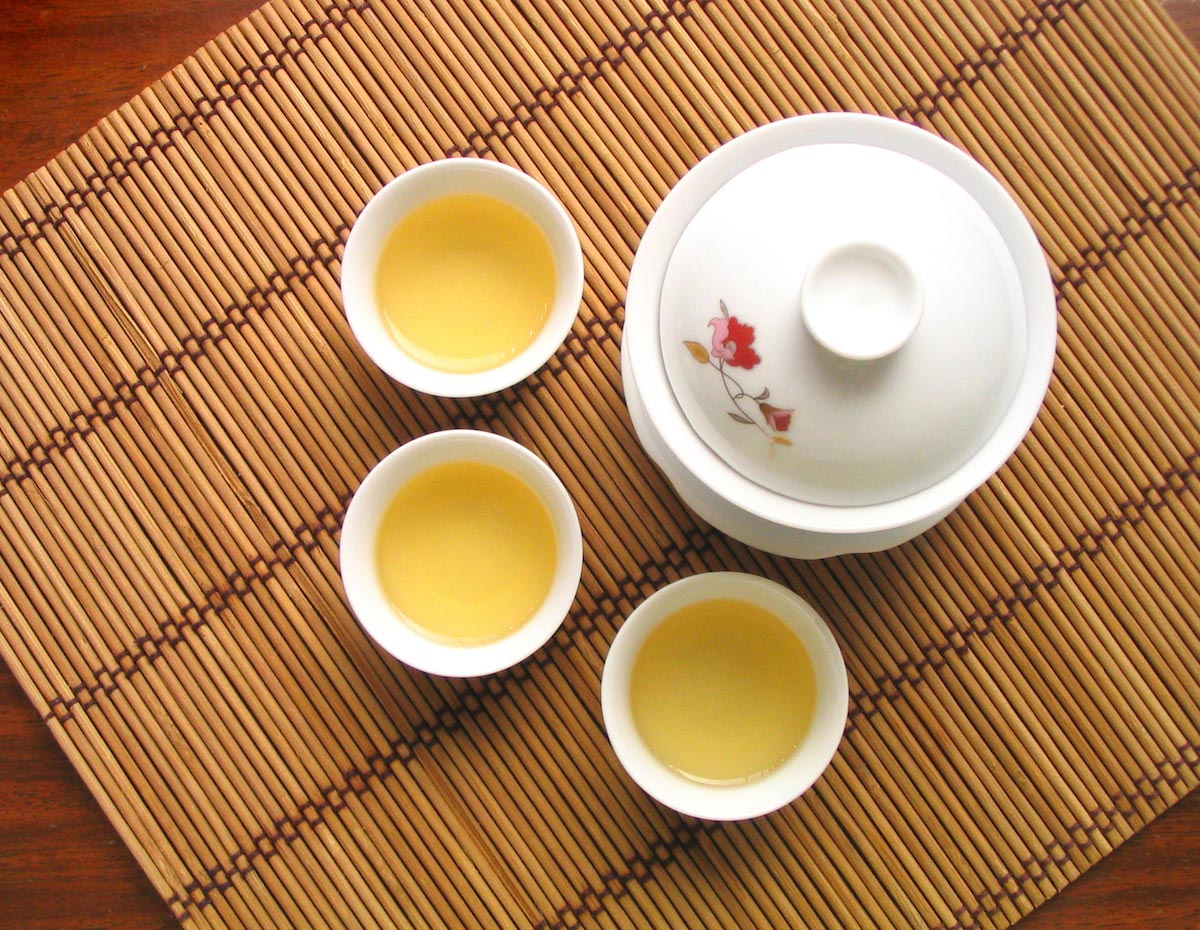
Advertisement
Tea is perhaps one of the healthiest drinks out there. Harvested from the Camellia sinensis plant, tea leaves contain an abundance of beneficial plant compounds responsible for the drink’s famed therapeutic benefits.
The plant itself is endemic to China and Southeast Asian countries, but the British Empire had been instrumental in introducing and popularizing tea across India and Europe during the 1600s.
The plant is now cultivated as a cash crop in tropical and subtropical regions outside of Asia. There are also hundreds if not thousands of different tea varieties consumed around the world.
That said, tea experts maintain that there are just a handful of “true” teas out there. These are green tea, black tea, oolong tea, pu’er tea and white tea. All five varieties are made from the leaves of the same plant, but the leaves are oxidized or fermented to different degrees. This process is what gives each tea its distinct taste and aroma.
Health benefits of drinking tea
So what makes tea so popular? Besides its mild and pleasant taste, tea boasts a number of health benefits thanks to the antioxidants and plant compounds each tea leaf contains. Here are some of them:
Boosts metabolism
Drinking tea has been found to stimulate metabolism for weight loss and proper weight management. This is due to the plant compounds found in black, oolong and green tea that are hailed for their fat-burning effects.
Eases inflammation
Polyphenols are plant compounds in tea that help fight inflammation. Epigallocatechin-3-gallate (EGCG), in particular, is a unique plant compound found in green tea that is 100 times more potent in fighting inflammation than vitamin C.
Reduces the risk of chronic diseases
In a recent article published in the European Journal of Preventive Cardiology, Chinese researchers found that drinking tea at least three times a week is linked to a longer and healthier life. In particular, habitual tea consumption reduces the risk of fatal heart disease, stroke and all-cause death.
Reduces complications from diabetes
Drinking green tea has also been found to treat diabetes-related complications including chronic inflammation and skin infections. Studies also suggest that drinking tea can help reduce and control blood sugar.
Supports brain health
Tea also has protective effects against age-related cognitive decline that can lead to dementia and neurological diseases. Tea also contains caffeine and L-theanine that can help boost concentration and information processing.
Reduces the risk of cancer
EGCG has also been tested on animal models for its cancer-fighting properties. Studies found that EGCG can inhibit cancer cell proliferation and combat the harmful effects of certain cancers including those of the breasts, lungs and colon.
Supports oral health
Antioxidants found in black tea can neutralize acids in the mouth from foods and drinks. If left unchecked, these acids can erode tooth enamel that might lead to dental caries. Tea also reduces the risk of dental problems like gingivitis and periodontal disease.
Supports reproductive health
Current studies suggest that polyphenols in tea protect reproductive tissues from oxidative stress due to free radicals. Tea can also inhibit inflammation linked to gynecological and reproductive disorders.
Replenishes lost fluids
Caffeinated drinks like tea and coffee are considered diuretics. But according to recent studies, tea is just as effective as water when it comes to replenishing lost fluids.
Promotes digestion
Polyphenols in tea also support bacterial communities in the gut for better digestion. Plus, good gut bacteria help inhibit the absorption of too much glucose and cholesterol, thus reducing the risk of diabetes and heart disease.
In general, people who drink tea are a lot healthier than those who don’t. To maximize its health benefits, drink tea alongside a balanced diet. You can also cut back on coffee and other drinks and replace them with tea instead.
Read more articles about the incredible benefits of green tea and other teas at PlantMedicine.news.
Sources:
Advertisements







